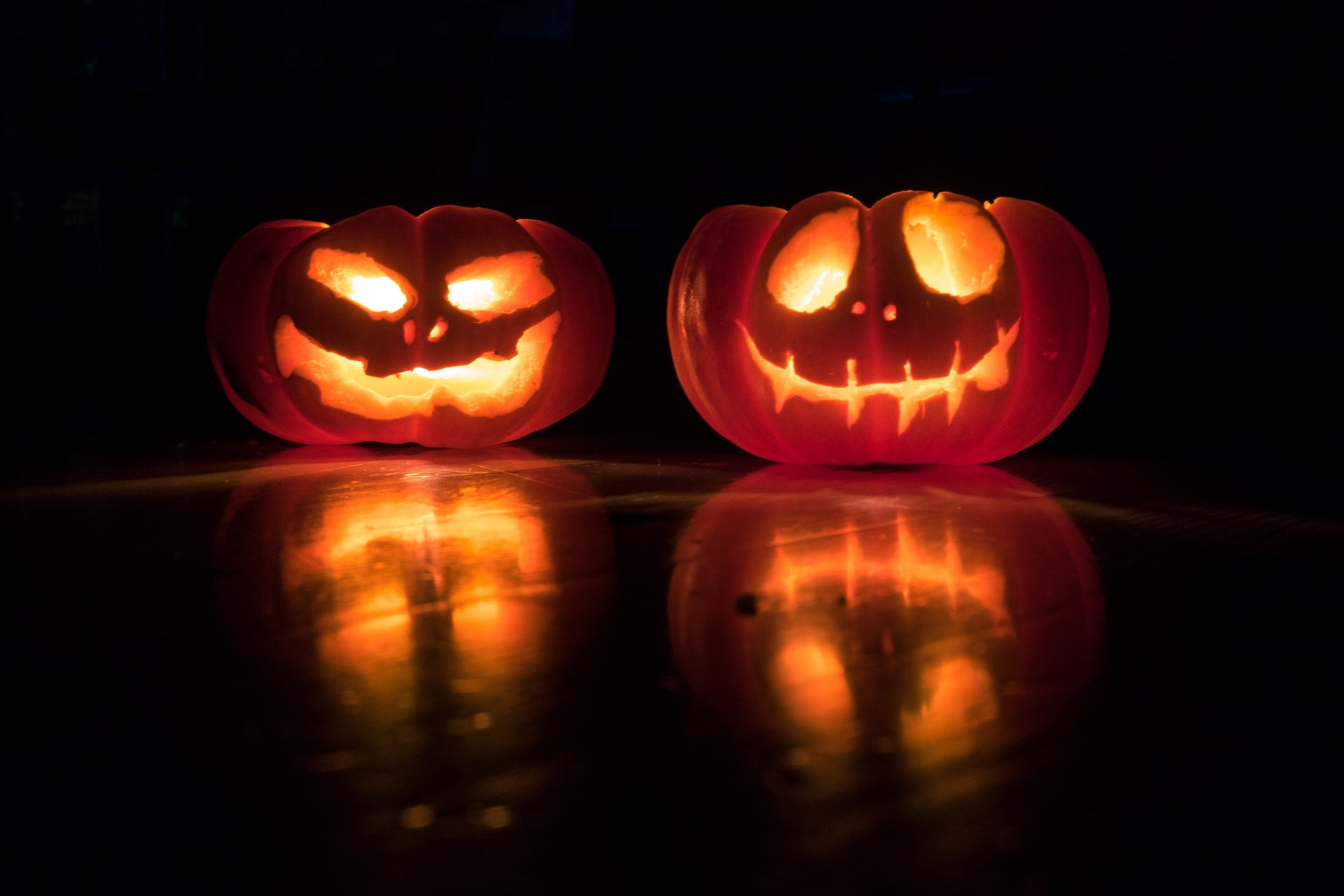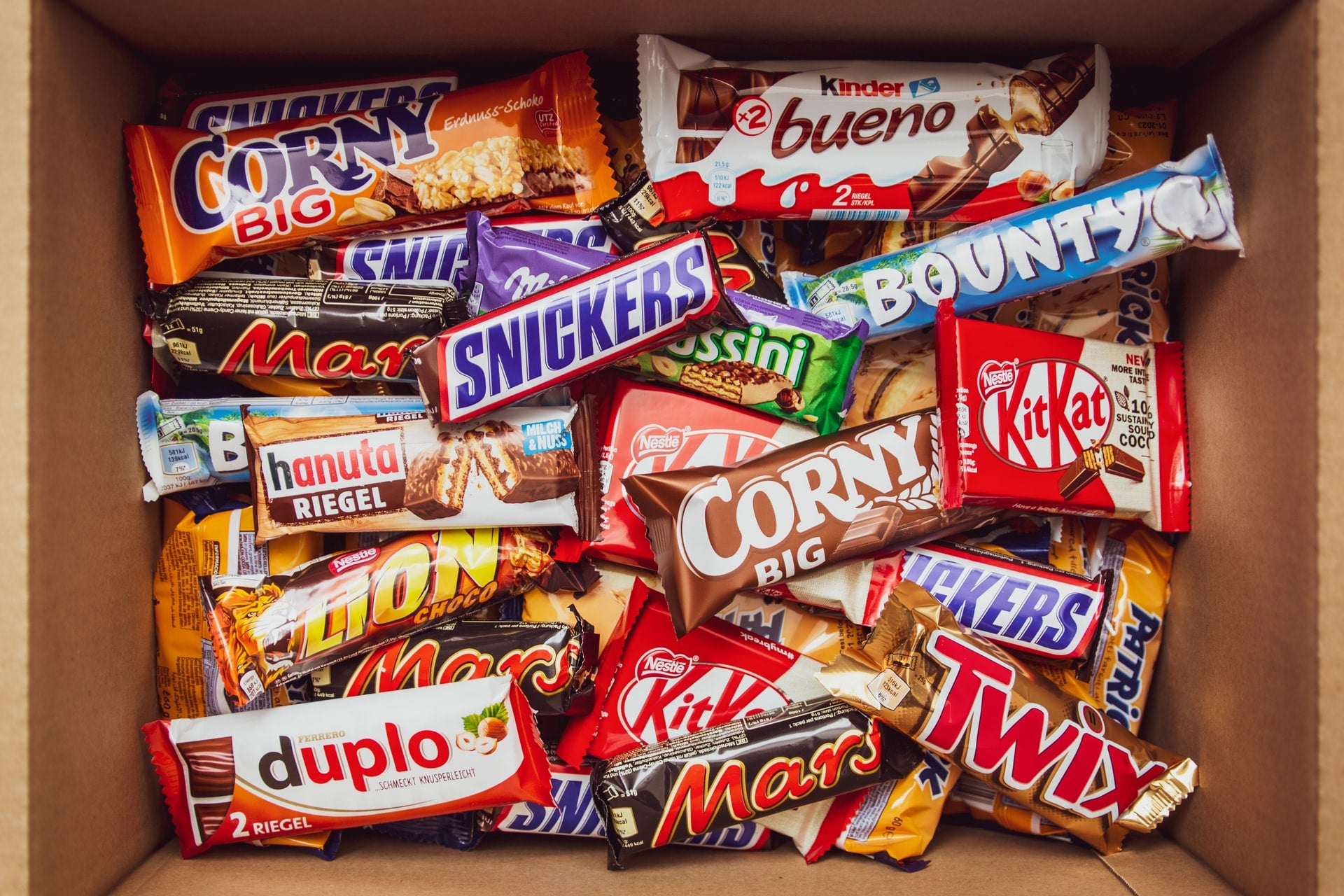A Brief History of Halloween

What’s the deal with Halloween? When did we start donning costumes and shoving our faces with assorted sweets? Today we’ll take a short trip through history to examine one of America’s largest non-religious holidays.
Celebrated every year on the 31st of October, it’s generally agreed among scholars that Halloween originated from the ancient Celtic festival Samhain. Not too far off of our current traditions, these ancient Celts would light large bonfires and wear freaky costumes to ward off ghosts and evil spirits. To them, the day marked the end of the summer and the symbolic acceptance of the cold winter months to come. Back then, the unforgiving weather and lack of crop harvest often spelled illness and death, so the Celts thought of the night of October 31st as a time when the lines between living and dead became blurred.

Then came the Romans, who conquered and ruled over Celtic lands for over 400 years. Roman holidays combined with Samhain, resulting in new traditions. The holiday began to honor Pomona, goddess of fruit and trees, which probably explains our modern-day tradition of bobbing for apples on Halloween.
We can place these festivities at around 2,000 years ago, so it’s understandable that the holiday would change as time dragged on. In the eight century, Pope Gregory III officially designated November 1st as a day to honor the saints of the Catholic church. Before long, All Saints Day began to blend with the ancient traditions of Samhain.
Rigid protestant beliefs restricted Halloween’s adoption in America until the second half of the 19th century, when a flood of new immigrants helped to popularize Halloween nationwide. By the 1930s, Halloween was a secular holiday focused on parties, games, candy, and general mischief. The holiday became primarily directed toward the young, trick-or-treating took hold as a way to get kids involved and excited, and thus a new American tradition was born.
Nowadays, Halloween is almost synonymous with candy. In fact, a quarter of all candy sold annually in the United States is purchased on Halloween. Like any treat, candy is fine in moderation, especially if you’re eating it on a day like halloween when a sugary snack is simply tradition. But in excess, the processed sugar in candy is extremely detrimental to your health, directly contributing to weight gain. Left unchecked, this can cause a litany of other health issues.
You’re better off sticking with organic and delicious cold pressed juice.




